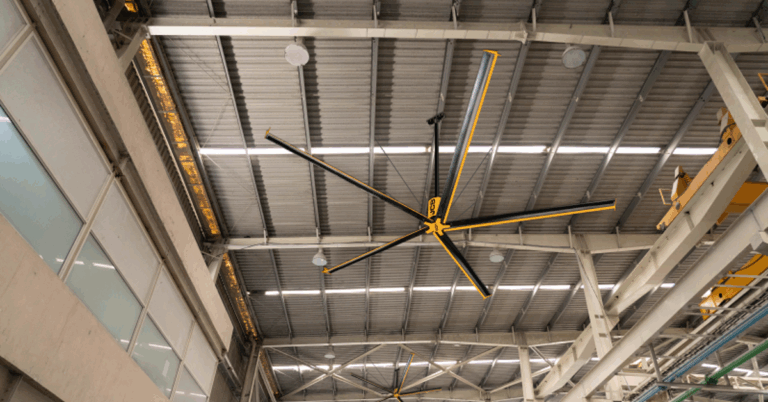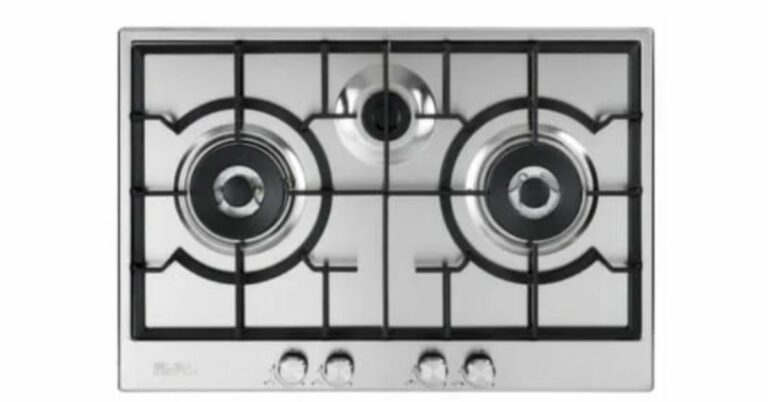Understanding 50 60Hz Washing Machines: Everything You Need to Know
When it comes to selecting the right washing machine, many factors come into play — capacity, energy efficiency, features, and more. However, one technical detail that often gets overlooked is the frequency rating of the appliance, typically expressed as 50Hz or 60Hz. For consumers seeking reliable and efficient home appliances, understanding what a 50 60Hz Washing Machine means can make a significant difference. In this article, we will explore the importance of frequency ratings in washing machines, how 50Hz and 60Hz impact performance, and what to consider when purchasing a washing machine designed for either frequency. This guide will help you make an informed decision to enhance your laundry experience.
What Does 50Hz and 60Hz Mean in Washing Machines?
The terms 50Hz and 60Hz refer to the frequency of the alternating current (AC) electricity supply powering the washing machine. Hertz (Hz) is the unit of frequency that measures cycles per second in electrical current. 50Hz Frequency: This means the electrical current changes direction 50 times per second. 60Hz Frequency: This means the electrical current changes direction 60 times per second. Electricity frequency varies by region. For example, much of Europe, Asia, Africa, and Australia uses 50Hz, while North America, parts of South America, and some other regions use 60Hz. The frequency can affect the performance and compatibility of electrical devices, including washing machines.
Why Does Frequency Matter in Washing Machines?
At first glance, the difference between 50Hz and 60Hz may seem technical and insignificant. However, it directly affects the operation of the washing machine’s motor, timer, and other electrical components.
1. Motor Speed and Efficiency
The motor in a washing machine is designed to operate optimally at a specific frequency. For example: A washing machine designed for 50Hz will run the motor at a certain speed suitable for that frequency. The same motor running on 60Hz power will rotate faster (about 20% faster). This speed difference can affect washing performance, water consumption, and energy efficiency.
2. Timing and Control
Many washing machines use electrical timers that rely on the frequency of the power supply to control wash cycles. A mismatch in frequency can cause the timer to run faster or slower, potentially shortening or lengthening wash cycles.
3. Compatibility and Safety
Using a washing machine on the wrong frequency can cause damage or inefficient operation. Electrical components might overheat or wear out faster if operated outside their designed frequency.
What is a 50 60Hz Washing Machine?
A 50 60Hz washing machine is designed to operate effectively on both 50Hz and 60Hz power supplies. This dual-frequency compatibility means it can be used in multiple regions without any performance loss or risk of damage. These washing machines typically feature motors and electronic control systems engineered to handle the variations in frequency seamlessly.
Advantages of a 50 60Hz Washing Machine
Choosing a washing machine compatible with both 50Hz and 60Hz power supplies offers several advantages:
1. Global Compatibility
Ideal for international use, a 50 60Hz washing machine works well regardless of the country’s electrical frequency standard. This is especially beneficial for manufacturers, retailers, and consumers who move between countries.
2. Flexibility
If you live in a region where power supply frequency fluctuates or you plan to relocate, a dual-frequency washing machine provides peace of mind and flexibility.
3. Consistent Performance
You can expect reliable washing performance without worrying about motor speed issues or cycle timing errors due to frequency mismatches.
4. Longer Appliance Lifespan
Using the appliance within its designed frequency range reduces wear and tear on electrical components, helping to extend the washing machine’s life.
How to Choose the Right 50 60Hz Washing Machine
Selecting the right washing machine goes beyond frequency compatibility. Here are some critical factors to consider:
1. Capacity
Choose a washing machine with a drum size that fits your household needs. Common sizes range from 5kg to over 12kg.
2. Energy Efficiency
Look for models with high energy ratings to reduce electricity bills and environmental impact.
3. Wash Programs and Features
Modern washing machines offer multiple wash cycles tailored to different fabric types and soil levels. Features like quick wash, delicate cycles, and smart sensors enhance convenience.
4. Build Quality and Brand Reputation
Opt for reputable brands known for durability and excellent customer service.
5. Frequency Compatibility
Ensure the washing machine explicitly states support for 50Hz and 60Hz if you want the flexibility to use it across different regions.
Installation and Maintenance Tips for Optimal Performance
Even the best washing machine requires proper installation and upkeep to perform well. Here are some tips: Proper Electrical Connection: Verify that your power supply matches the washing machine’s voltage and frequency requirements. Level the Appliance: Ensure the washing machine is level to avoid excessive vibrations and noise. Regular Cleaning: Clean the detergent drawer, drum, and filters regularly to maintain hygiene and efficiency. Avoid Overloading: Follow manufacturer guidelines for load capacity to prevent motor strain. Service and Repairs: Schedule routine maintenance and address any issues promptly to avoid major breakdowns.
Common Misconceptions About 50 60Hz Washing Machines
Misconception 1: Any washing machine can work on both frequencies
Not all washing machines are built for dual-frequency operation. Using a 50Hz-only machine on 60Hz power (or vice versa) may damage the motor or cause performance problems.
Misconception 2: Frequency only affects motor speed
Frequency impacts more than motor speed; it also affects electronic timers and other control systems.
Misconception 3: Voltage and frequency are the same
Voltage (measured in volts) is the electrical potential, while frequency (Hz) is how fast the current alternates. Both must be compatible with the appliance but represent different electrical characteristics.
FAQ About 50 60Hz Washing Machines
Q1: Can I use a 50Hz washing machine on a 60Hz power supply?
Generally, no. A 50Hz-only washing machine may run faster on 60Hz power, causing increased wear or malfunction. Always check the appliance specifications before use.
Q2: What happens if I use a 60Hz washing machine on 50Hz power?
The motor may run slower, and timers could be off, resulting in longer wash cycles and reduced performance.
Q3: Are 50 60Hz washing machines more expensive?
Dual-frequency washing machines may cost slightly more due to advanced motor and control designs, but the added versatility often justifies the investment.
Q4: How do I know if my washing machine supports both frequencies?
Check the product manual or specifications label. It should clearly indicate frequency compatibility.
Q5: Is it safe to use a frequency converter?
While frequency converters can adjust power frequency, they are generally expensive and not recommended for typical home appliances like washing machines.
Conclusion
Understanding the significance of frequency ratings in washing machines is crucial for making an informed purchase. A 50 60Hz washing machine offers versatility, reliability, and peace of mind whether you live in or move between regions with different electrical standards. By considering frequency compatibility alongside other features like capacity, energy efficiency, and brand reputation, you can find a washing machine that perfectly suits your household needs and ensures years of trouble-free laundry care. Choosing the right washing machine is an investment in convenience and quality, so take your time to understand these technical details and make the best choice for your home. If you want a washing machine that delivers consistent performance regardless of your power supply frequency, a 50 60Hz washing machine is an excellent choice. Keep this guide handy when shopping to ensure your next washing machine meets your expectations and serves you well for years to come.
Read More
- https://businessmagazine.com.in/can-you-use-a-50hz-fridge-on-60hz-power-everything-you-need-to-know/







